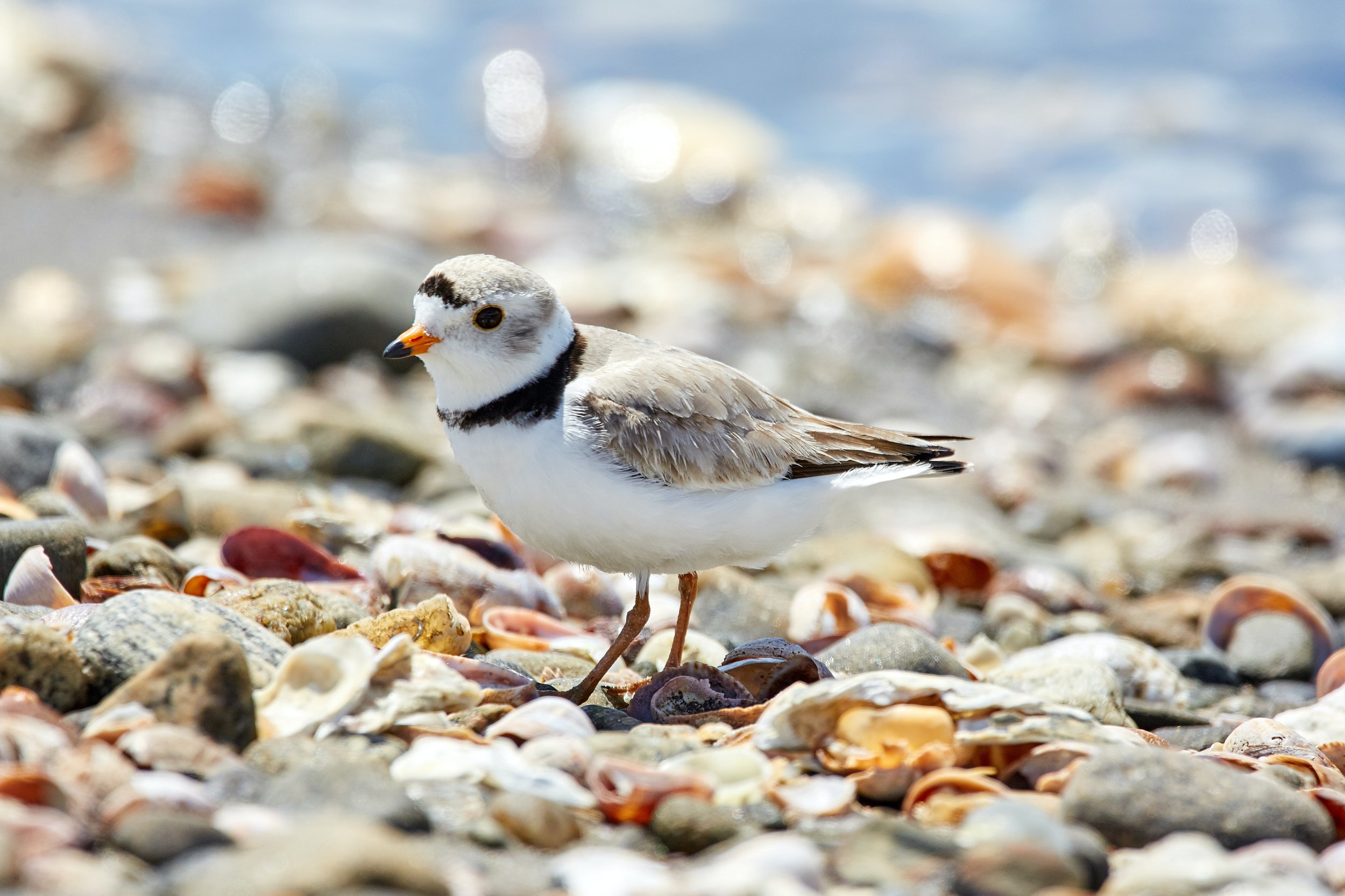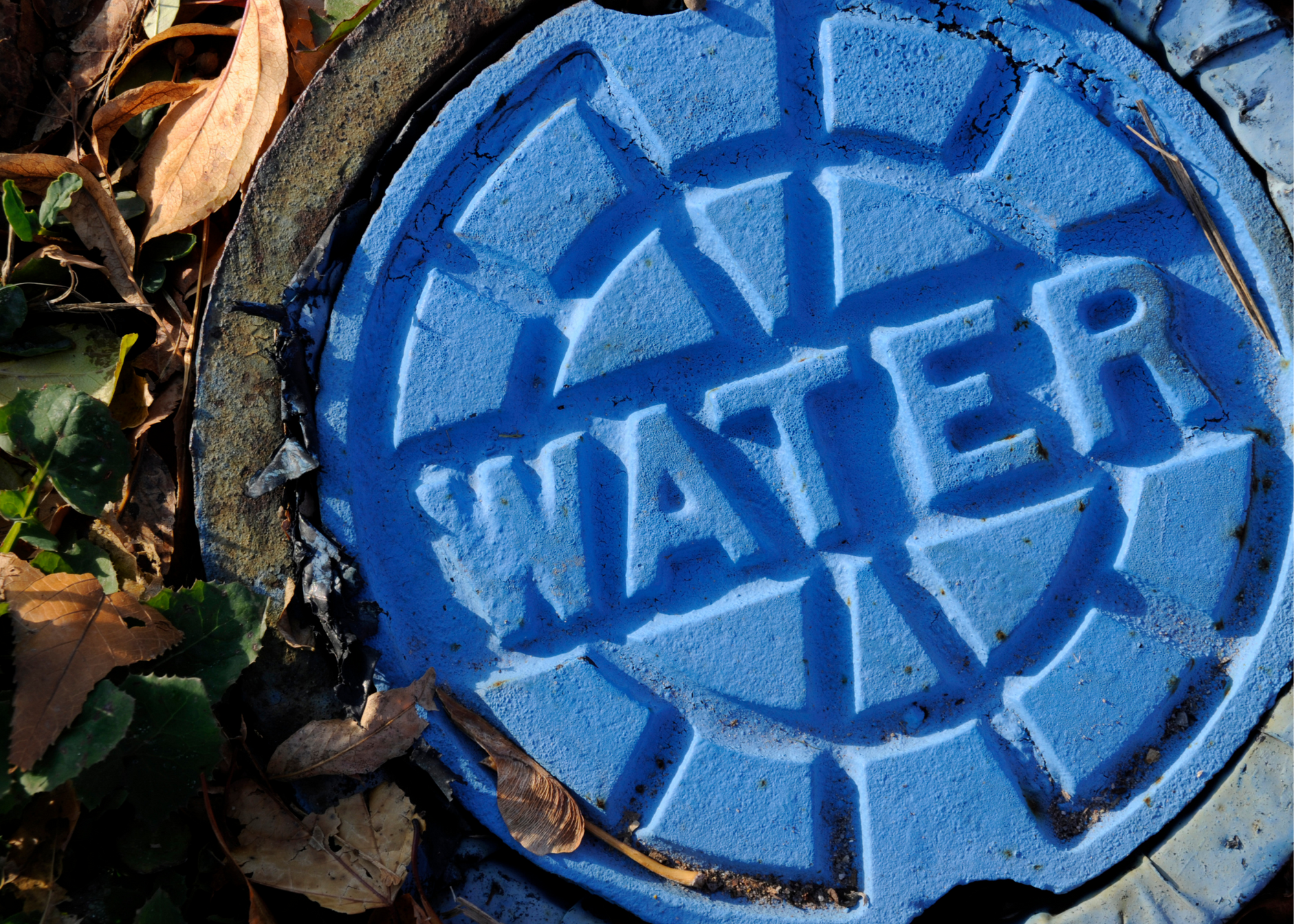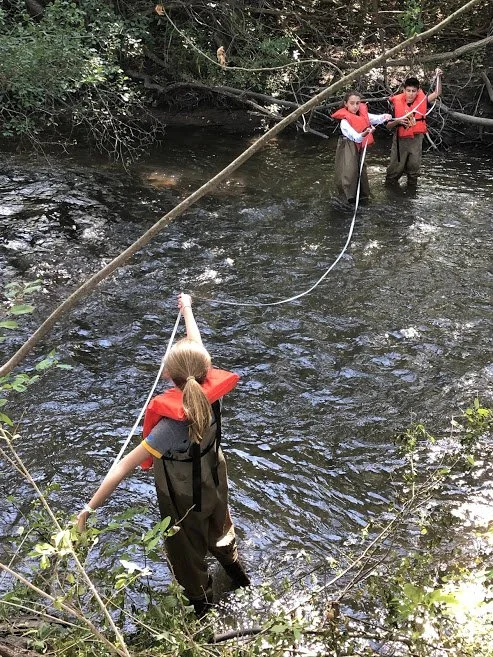
The Latest from the Coalition
On this page you can find the latest news from the Coalition, including stories of restoration successes, profiles of ongoing clean water issues, policy updates, and press releases.
Getting the Lead Out in Milwaukee
The majority of Wisconsin’s lead poisoning cases are from Milwaukee’s north and south sides, where the local populations are predominantly Black and Brown. From this crisis, Milwaukee has also become home to a grassroots collective working to get the lead out of the city: The Coalition on Lead Emergency (COLE).
Wisconsin Farm Network Reduces Runoff
The Door-Kewaunee Watershed Demonstration Farm Network is supporting sustainable methods of farming to reduce runoff pollution into Lake Michigan and Green Bay, improve groundwater and surface water quality, and model those practices for other local farms.
Ashtabula River in Ohio Removed from Areas of Concern List
After years of clean-up efforts, the Ashtabula River in Ohio is no longer considered one of the “most environmentally degraded” areas in the Great Lakes Region thanks, in part, to Great Lakes Restoration Initiative (GLRI) funding.
Rouge River Education Project in Michigan Trains Next Generations of Conservationists
The Rouge Education Project trains a new generation of conservationists while monitoring river health.
Waste Into Fuel: A Water Infrastructure Success in Green Bay
Thanks to federally funded programs such as the Clean Water State Revolving Fund and Drinking Water State Revolving Fund (SRF), communities that struggle with aging water infrastructure can get low-interest or no-interest loans and even loan forgiveness to upgrade these systems and protect communities and habitats over the long term.
Demonstration Farms at Genesee River in Pennsylvania Pioneer Innovative Pollution Controls
By implementing the conservation practices that are part of this demonstration farm network, projects such as this support the Great Lakes Restoration Initiative goal for reducing nutrient runoff from agriculture.
Streambank Restoration at Petrifying Springs Park Improves Water Quality, Restores Native Species
Planting native vegetation along the Pike River and restoring an adjacent wetland is reducing erosion, preventing storm runoff, and providing a home for fish and other native species.
Wetland Restoration Reduces Stormwater Runoff, Improves Water Quality
Restoring 9 acres of wetlands in Michigan City, Ind., is preventing 37.5 million gallons of polluted urban runoff from flowing into a local creek and ultimately, Lake Michigan.








